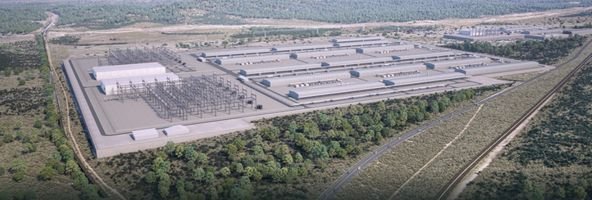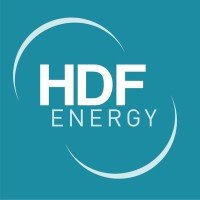Japan-Australia consortium to develop mega green hydrogen supply chain
Iwatani, Kawasaki, Kansai, Marubeni, Stanwell, APA will work on the CQH2 project.

Four Japanese and two Australian companies are joining forces to jointly implement a feasibility study of the Central Queensland Hydrogen Project (CQH2).
The consortium consists of:
- Iwatani Corporation (Japan)
- Kawasaki Heavy Industries, Ltd. (Japan)
- Kansai Electric Power Co., Inc. (Japan)
- Marubeni Corporation (Japan)
- Stanwell Corporation Limited (Australia)
- APT Management Services Pty Ltd. (APA) (Australia)
The project will produce hydrogen on a large scale using renewable energy, liquefy it at the Port of Gladstone, Queensland, Australia, and then export the liquefied hydrogen to Japan.
The project aims to produce and supply low-cost hydrogen over the long term and aim to produce about 100 tonnes/day of hydrogen by 2026 and 800 tonnes/day of hydrogen by 2031. Compared to the current levels, Japan is assessed to produce just 30 tonnes/day of liquefied hydrogen in Japan.
The project is built upon a concept study of green liquefied hydrogen production and its export to Japan conducted by Iwatani and Stanwell from 2019 to 2020. Based on the study findings, the partners agreed to fully implement a feasibility study to examine the commercial viability of the project.
The use of the 235 hectors Aldoga site, a hydrogen production base secured by Stanwell in the Gladstone region, will be considered for the project. Furthermore, a site of about 100 hectares in Fisherman’s Landing will be acquired as a hydrogen liquefaction and loading base. The green hydrogen will be intended for export to Japan and be supplied for local consumption.
The feasibility study will focus on examining production technology mainly for green hydrogen, the construction of hydrogen liquefaction plants and liquefied hydrogen carriers, associated finance and environmental assessments, and commercialisation models.
The partners will create a bilateral large-scale hydrogen supply chain promoted by the Japanese and Australian governments in June 2021 to contribute to the realisation of a zero-carbon society.
The Queensland government has been promoting the energy transition from fossil fuels to renewable energy and hydrogen. The state has an extremely high potential for renewable energy due to its favourable weather conditions.
The partners’ roles will be as follows:
- Iwatani will coordinate among Japanese companies. It will also be responsible for the operation of liquefied hydrogen plants and the provision of know-how and supporting the review of hydrogen production plants.
- Kawasaki will study hydrogen liquefaction and loading terminals and liquefied as well as hydrogen carriers from a technical and cost perspective.
- Kansai Electric Power will provide information on the potential utilisation of hydrogen, such as a fuel for gas-fired power generation and heating energy availability for end-users.
- Marubeni will review the commercialisation model and collect the information by leveraging the company’s local network and provide off-taker information.
- Stanwell, an electric power corporation owned by the Queensland government, will coordinate between Australian companies to review a hydrogen production plant and coordinate overall project development.
- APA will provide general advice on the reviews made by Australian companies, advice on the construction of hydrogen pipelines and advice on the management and operation of the plant in Australia.
